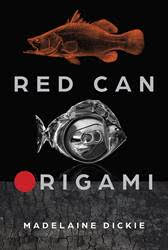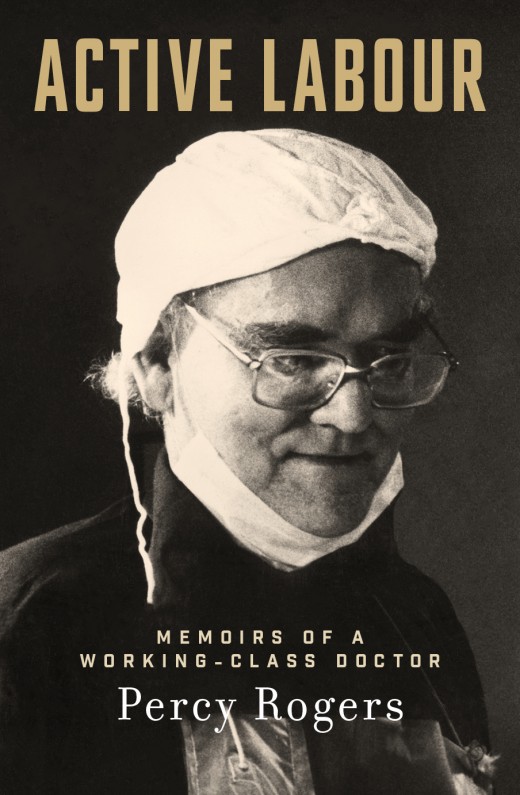Does anyone care that ‘lay’ and ‘lie’ are frequently used incorrectly in sentences? Should we care? Apparently, the Oxford English Dictionary—Samuel Johnson’s dictionary—decided on these forms, and I’m thinking that maybe it’s time to lay them to rest, and not worry about their misuse anymore. I don’t hear my clients applauding me when I put a red line through ‘lay’ in something like: “she wanted to lay down”, and replace ‘lay’ with ‘lie’. Perhaps I shouldn’t see them as errors, and croak along with Bob Dylan that the times, they are a-changin’.
But I can’t help myself. Did Bob Dylan know that his song ‘Lay Lady Lay’ should have been ‘Lie Lady Lie’? Perhaps Bob was worried about ambiguity. I looked up Samuel Johnson’s Dictionary of the English Language: An Anthology (2006 edited version; first edition: 1755) and flicked through to the word ‘li’er’ [from to lie]:
One that rests or lies down; or remains concealed. There were liers in ambush against him behind the city. (Bible Joshua, VIII. 14)
Interesting. But even though the ‘correct’ usage of lie and lay continues to move further away from our conscience (or should that be ‘consciousness’?), you may be interested in the rules as they stand today. No, I can’t lay them to rest completely.
Lesson 1:
‘Lay’ (to put, place, or prepare) is a transitive irregular verb (it needs a direct object because it describes the kind of action that is done to something. Have I lost you already?): The chicken lays an egg every day.
‘Lie’ (to recline or be situated) is an intransitive irregular verb (which does not need an object), so I lie down for a nap every afternoon or I am lying down.
Lay the book on the table
I will lie low this weekend
So that’s the basics of the present tense . . . easy. Now for the confusion . . .
Lesson Two:
lay is the past tense of lie: I lay here yesterday.
That’s right, we can use lay to mean ‘to recline’ if it’s in the past tense.
However, it is common to hear: I laid here yesterday, when in fact . . .
laid is the past tense of lay: I laid the files on your desk yesterday.
I’ve probably lost most readers by now, hence why these difficult ‘lie/lay’ rules are frequently ignored!
The two past participles also cause some confusion (let’s face it the majority of us don’t even know what a past participle means).
For those who care, the past particle of the verb to lie is lain:
He has lain on the stone slab every day.
This is an unfamiliar verb form in modern-day language because it is so similar to the past participle of to lay, which is laid. Let’s face it, most of us mere mortals just use laid for both verbs.
One myth that persists about the verbs to lie and to lay is that we should use lie in reference to people and lay in reference to animals or inanimate objects. Wrong!
The report was lying on my desk.
She laid the baby on the change-table.
To recap:
to lay means ‘to put’ or ‘to place’ (must have a direct object):
lay, laid, laying, laid
to lie means ‘to recline or be situated’ (cannot have a direct object):
lie, lay, lying, lain
Although English grammar does change over time, I think it’s important to take an interest in current ‘rules’; as a proofreader and editor, I wouldn’t be doing my job if I didn’t do so. Ending this article with a few lines from Shakespeare may inspire you to learn those rules that apply to the current usage of ‘lie’ and ‘lay’.
King Henry:
Canst thou, O partial sleep, give thy repose
To the wet sea-boy in an hour so rude,
And in the calmest and most stillest night,
With all appliances and means to boot,
Deny it to a king? Then happy low, lie down!
Uneasy lies the head that wears a crown.
William Shakespeare, Henry The Fourth (Part 2, Act 3, scene 1, 26-31)
And I couldn’t resist featuring the iconic photograph of a bronzed Aussie male lying on a beach, and drying off under the sun.
Max Dupain, Sunbaker, 1937 (c. printed 1975), gelatin silver photograph, 38.0 x 43.1 cm (image), National Gallery of Victoria, Melbourne.






Hi Denise, Well, I lay in wait till the very end of your article. It was good to be reminded of the specifics of those two words.
And yes, the times are a’changin’
Nice Shakespearean quote.
Thank you
Hi Nita, thank you! Glad you liked my references to Bob & Bill!
cheers
Denise